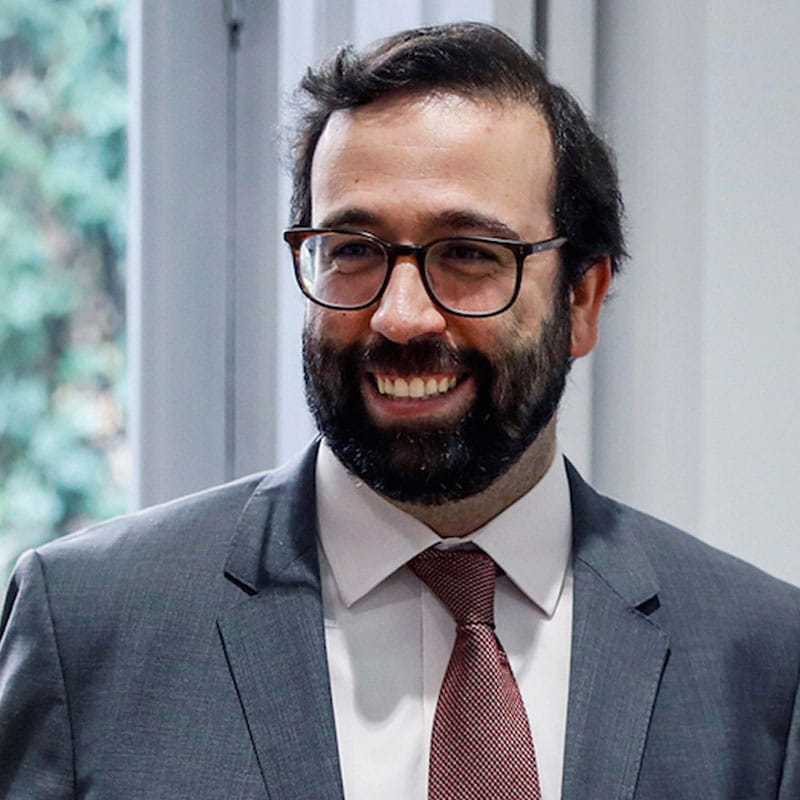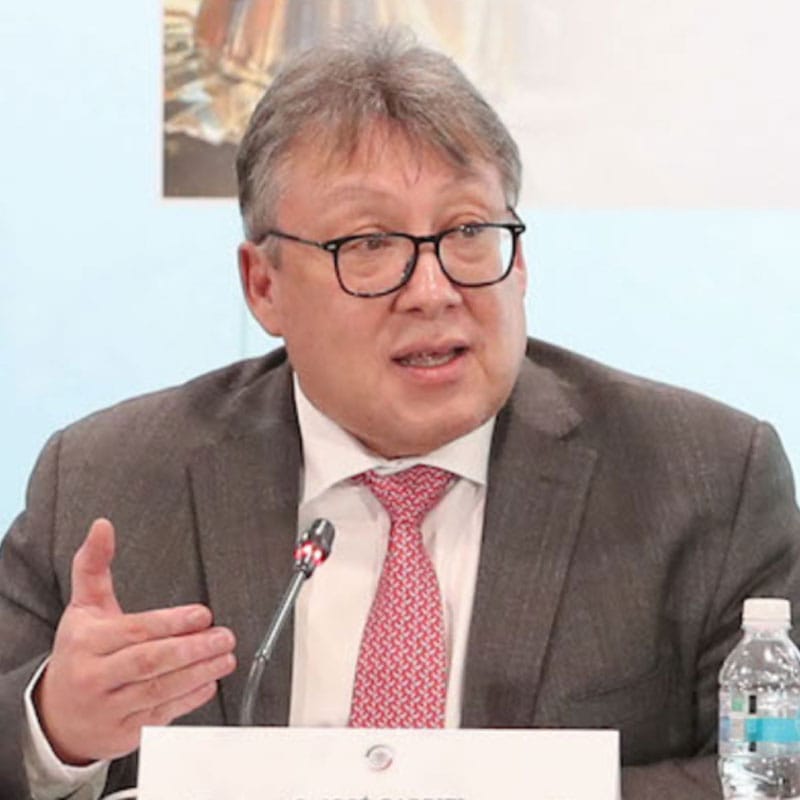
XX Annual Economic
Studies Conference
Monetary and Fiscal Policies for Macro-Financial Stability in Emerging Economies
Date:
June 13th, 2025
Santa Clara Hotel – Cartagena – Colombia
XX Annual Economic Studies Conference
Monetary and Fiscal Policies for Macro-Financial Stability in Emerging Economies
Date:
June 13th 2025
Santa Clara Hotel – Cartagena – Colombia
Program organized by José Darío Uribe and Carlos Giraldo
Presentation Replays
Financial Repression: Manifestations and Consequences
Agenda
* All times refer to local Cartagena time (GMT-5)
Thursday, June 12th, 2025
Opening Reception – 7:00 p.m. – 8:30 p.m. – Botika Santa Clara Bar, Santa Clara Hotel
Friday, June 13th, 2025
9:00 a.m. – 9:10 a.m.
Opening Remarks
José Darío Uribe, Executive President, FLAR
Jessica Roldán, Director of Macroeconomic Studies, Development Bank of Latin America and The Caribbean – CAF
9:10 a.m. – 10:10 a.m.
Ricardo Reis, Arthur Williams Phillips Professor of Economics at the London School of Economics
Chair
Julio Velarde, Governor, Central Reserve Bank of Peru
Monetary Policy Transmission in Emerging and Latin American Economies
10:50 a.m. – 12:15 p.m.
Speaker
Şebnem Kalemli-Özcan, Schreiber Family Professor of Economics at Brown University and the Director of the Global Linkages Lab
Discussant
Gabriel Cuadra, Deputy Governor, Central Bank of Mexico
Chair
Ana Claudia de los Heros, Deputy Governor, Central Bank of Uruguay
Monetary Policymaking in a Context of Extreme Uncertainty
12:15 p.m. – 12:45 p.m.
Lunch – 12:45 p.m. – 2:30 p.m. – 1621 Restaurant, Santa Clara Hotel
Fiscal Influences on Inflation: Evidence from Latin America
2:30 p.m. – 3:45 p.m.
Speaker
Francesco Bianchi, Johns Hopkins University and NBER
Discussant
Jessica Roldán, Director of Macroeconomic Studies, Development Bank of Latin America and The Caribbean – CAF
Chair
Róger Madrigal, Governor, Central Bank of Costa Rica
Coffee break – 3:45 p.m. – 4:00p.m.
Globalisation & Geopolitics: The Future of Export-Led Development in LatAm
4:00 p.m. – 5:00 p.m.
Speaker
Richard Baldwin, Professor of International Economics, International Institute for Management Development (IMD)
Chair
Leonardo Villar, Governor, Central Bank of Colombia
Closing Dinner – 7:00 p.m. – 9:00 p.m. – Celele Restaurant – Transportation will be provided by the event
Speakers and Discussants

Ricardo Reis
Arthur Williams Phillips Professor of Economics at the London School of Economics

Şebnem Kalemli-Özcan
Schreiber Family Professor of Economics at Brown University and the Director of the Global Linkages Lab

Richard Baldwin
Professor of International Economics, International Institute for Management Development (IMD)

Jessica Roldán
Director of Macroeconomic Studies, Development Bank of Latin America and The Caribbean – CAF



